| Amount Per 16 oz | |||
| Calories | 240 Kcal (1005 kJ) | ||
| Calories from fat | 0 Kcal | ||
| % Daily Value* | |||
| Total Fat | 0g | 0% | |
|---|---|---|---|
| Sodium | 15mg | 1% | |
| Total Carbs | 60g | 20% | |
| Sugars | 58g | 232% | |
| Vitamin C | 15mg | 25% | |
| Calcium | 20mg | 2% | |
* Percent Daily Values are based on a 2000 calorie diet. Your daily values may be higher or lower depending on your calorie needs.
Find out how many calories should you eat.
Ingredients And Nutrition Overview
Best
choice Good
choice Poor
choice Avoid
it!
choice Good
choice Poor
choice Avoid
it!
-
WeightWatchers Points: 4.8, PointsPlus: 7, SmartPoints: 14
WeightWatchers Points are estimated by carbohydrates, fats, protein and fiber in product. They are not an affirmation of better quality or nutritional value of the product or its manufacturer. Only way to count for dieters. Less points are better.
Read more at Weight watchers diet review -
6 tsp of sugars per serving
This includes both naturally occurring and added sugars. According to the USDA, every man woman and child in the US consumes approximately 80 pounds of caloric sweeteners per year! That works out to 25 tsp of sugars per day, or 400 extra calories!
-
For dieters: FoodPoints value is 3
* FoodPoints are calculated by Fooducate based on fats, carbs, fiber, and protein. They are not an endorsement or approval of the product or its manufacturer. The fewer points - the better.
-
Contains high fructose corn syrup
High fructose corn syrup (HFCS) is a highly processed ingredient manufactured from surplus corn, and yielding a cheap replacement to table sugar. In the early 1980’s many food manufacturers started using it instead of sugar as a cost cutting measure. That’s about the same time obesity rates started to skyrocket in the US. Most scientists agree that HFCS is no better and no worse than plain sugar, though some newer studies seem to find the two affect the metabolism differently. Consumption of both should be drastically limited. ---- Sources: Bray GA, Nielsen SJ, Popkin BM. Consumption of high-fructose corn syrup in beverages may play a role in the epidemic of obesity. Am J Clin Nutr. 2004;79(4):537-43. Berkey CS, Rockett HR, Field AE, Gillman MW, Colditz GA. Sugar-added beverages and adolescent weight change. Obes Res. 2004;12(5):778-88. Johnson RJ, Segal MS, Sautin Y, Nakagawa T, Feig DI, Kang DH, Gersch MS, Benner S, Sánchez-Lozada LG. Potential role of sugar (fructose) in the epidemic of hypertension, obesity and the metabolic syndrome, diabetes, kidney disease, and cardiovascular disease. Am J Clin Nutr. 2007;86(4):899-906. Schulze MB, Manson JE, Ludwig DS, Colditz GA, Stampfer MJ, Willett WC, Hu FB. Sugar-sweetened beverages, weight gain, and incidence of type 2 diabetes in young and middle-aged women. JAMA. 2004;292(8):927-34. Ludwig DS, Peterson KE, Gortmaker SL. Relation between consumption of sugar-sweetened drinks and childhood obesity: a prospective, observational analysis. Lancet. 2001;357(9255):505-8. James J, Thomas P, Cavan D, Kerr D. Preventing childhood obesity by reducing consumption of carbonated drinks: cluster randomised controlled trial. BMJ. 2004;328(7450):1237.
-
Highly Processed!
This product is highly processed. If you'll take a look at its ingredient list, you'll discover new words to add to your vocabulary. Many of theses ingredients are required to increase the shelf life of the product and improve the flavor that disappears when food is not fresh.
-
Bottled teas have almost NO antioxidants
Bottled tea is not a good source of antioxidants. The antioxidants in tea give it a bitter taste. In order to make bottled tea more palatable, it is watered down. Additionally, there is a continuous reduction in antioxidant levels from the time when tea is brewed until it reaches the supermarket shelf. This means not a lot of antioxidants are left over by the time you drink your tea. Save your money and improve your health by brewing at home.
-
How caffeinated are you?
Here’s an interesting factoid: It takes our body close to 8 hours to metabolize a single cup of coffee. A cup of coffee can contain 65-175 mg of caffeine. The benchmark is 100mg, and the current recommendation is to drink up to 3 cups of coffee per day. Which means that drinking all 3 cups may leave your body continually caffeinated. How much caffeine are you getting? Cup of coffee………………………………..………… 65-175mg Decaf coffee……………………….………………… less than 5mg Cup of black tea……………………………………… 70mg Green Tea……………………………………………… 15-50mg Water…………………………………………………….. 0mg Sprite (12 fl oz)………………………………………… 0mg Coke Classic (12 fl oz)………………………………34mg Diet Coke (12 fl oz)………………………………….45mg Mountain Dew (12 fl oz)………………………….55mg Iced Tea (12 fl oz)……………………………………70mg Red Bull (12 fl oz equivalent)………….……… 115mg Redline Energy Drink (12 fl oz equivalent)…. 375mg Cocaine Energy Drink (12 fl oz equivalent)..…400mg
-
Bad bromine in here
BROMINATED VEGETABLE OIL is a key ingredient in artificially citrus-flavored drinks like Mountain Dew, Fresca, and some varieties of Gatorade. (But not in Europe, where it's been banned for years.) It serves two main functions — it is a stabilizer and also responsible for that slightly cloudy look these beverages have. In essence, take a vegetable oil, add some bromine atoms and — voilà, you now have brominated vegetable oil. For the record, liquid bromine — also found in photo paper, car seats, mattresses, and carpeting — is corrosive and extremely hazardous to our skin and lungs. So what’s the health risk? Well, bromine is fat-soluble and builds up in our tissues. A 16-ounce soft drink made with brominated vegetable oil contains approximately 2 milligrams of bromine. Find out what studies say about bromide on our blog . . . Choose drinks without brominated vegetable oil. There's no reason to consume something questionable when there are reasonable alternatives. For more information on why you should avoid brominated vegetable oil, follow the link to our blog.
-
Natural flavors added. Learn why
Companies add flavorings to make products taste better. They are created in a lab and the formulations are guarded as trade secrets. Flavorings can compensate for flavor loss during processing, substitute for ingredients, lower production costs and increase shelf stability. Natural flavorings are more expensive to source than artificial flavors, but tend to be better received by consumers. People sensitive to MSG, vegans, vegetarians and those with allergies should pay special attention to the phrase "natural flavorings" since glutamates, animal products or allergens may be the source of natural flavors. You can always contact the manufacturer for more information.
You Might Also Like
% RDI of Main Nutrition Facts
12%
of RDI* (240 calories) 453.6 g
-
Cal: 12 %
-
Fat: 0 %
-
Carb: 20 %
-
Prot: 0 %
-
0%25%75%RDI norm*
Calories Breakdown
- Carbs (100%)
Get Your Recipe of Health!
Follow RecipeOfHealth on Facebook!


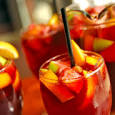
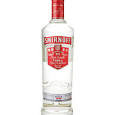
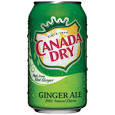
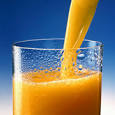
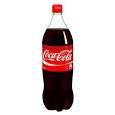
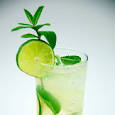
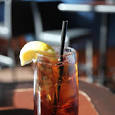
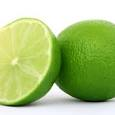
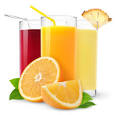
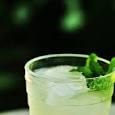

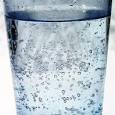
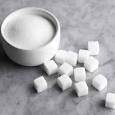
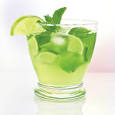
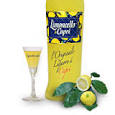
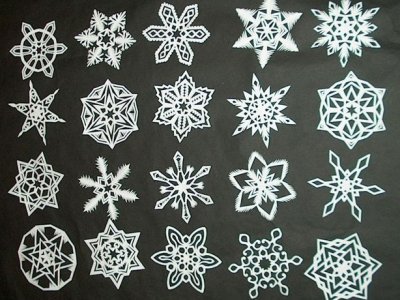
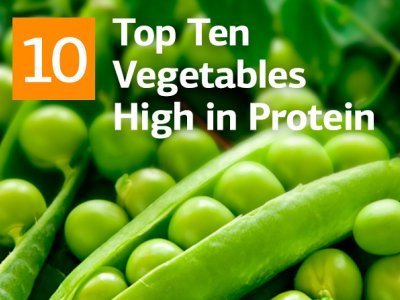

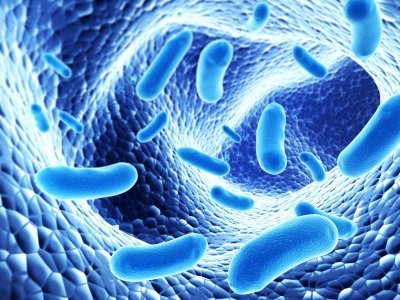


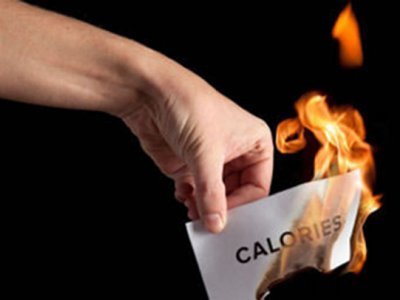
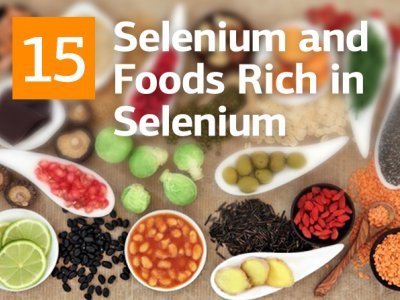
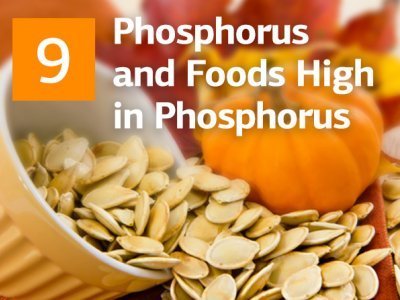
Add your comment